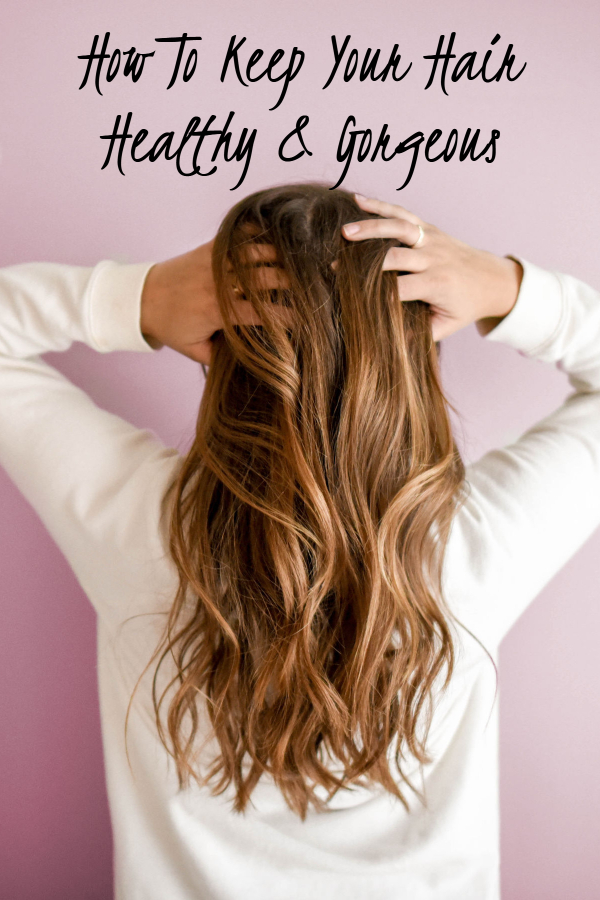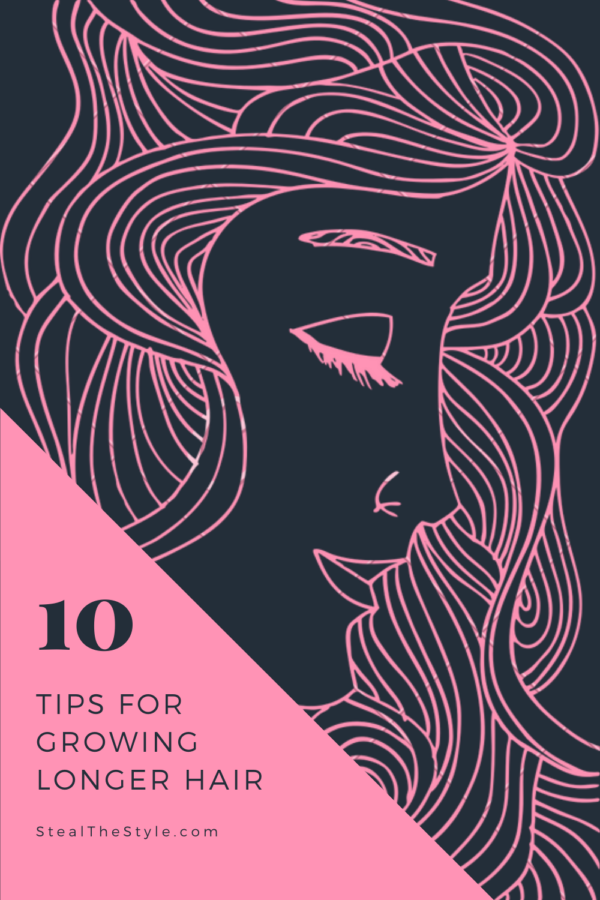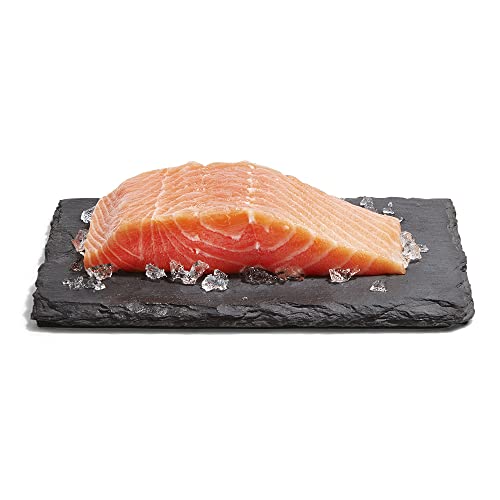Disclosure: This post may contain affiliate links, meaning we get a commission if you decide to make a purchase through our links, at no cost to you. Please read our disclosure for more info.
Last Updated on December 26, 2023 by
The global hair care industry is massive — it’s expected to reach a $211.1 billion valuation by the year 2025!
Clearly, people all around the world are obsessed with the health and quality of their hair.
Have you spent years trying out different products trying to get the hair of your dreams? Are you desperate to have shiny, silky, healthy-looking hair?
If you’ve been wondering how to keep your hair healthy, you’ve come to the right place.
Read on to learn some tips and tricks that will help you look like you just stepped out of a shampoo commercial!
In This Post:
Factors that Affect Your Hair Health
Before you can start working on improving your hair health, you first need to figure out what it is that’s making your hair so unhealthy.
What does unhealthy hair look like? Unhealthy hair typically contains the following characteristics:
- Dry
- Dull
- Lots of split ends/breakage
- Hair falling out/thinning
There are a lot of issues that can cause these hair problems. Some common causes include:
- High levels of stress or anxiety
- Nutrient deficiencies
- Excessive hair washing or styling
- Excessive use of hair products, especially low-quality products that strip the hair
- Excessive sun exposure
- Excessive hair coloring
Are you guilty of any of these? If so, they’re likely contributing to your hair problems.
How to Keep Your Hair Healthy
Okay, you have some ideas about what’s making your hair less than healthy. Luckily, though, there are a lot of different things you can do to improve the health of your hair, including the following:
Wash it the Right Way
Start by taking a look at the way you wash your hair. Are you following the old “lather, rinse, repeat” technique? If so, definitely stop “repeating.”
Make sure you’re not using too much shampoo, either. You really only need to shampoo the roots of your hair — a quarter-size blob of shampoo should be plenty. Condition from the ends of your hair to mid-shaft, too.
Use a Good Shampoo
Speaking of shampoo, make sure you’re using a high-quality shampoo. Avoid shampoos that contain the following ingredients:
- Ammonium Lauryl Sulfate
- Sodium Laureth Sulfate
- Sodium Lauryl Sulfate
- Parabens
- Sodium Chloride
- Polyethylene Glycols
- Formaldehyde
- Alcohol
- Diethanolamine (DEA)
- Triethanolamine (TEA)
- Synthetic colors
- Synthetic fragrances
These ingredients can be very damaging to the hair. Some of them have also been linked to a variety of serious skin issues and other health conditions.
Try a Scalp Massage
Try giving yourself a scalp massage with a little bit of vitamin E. Vitamin E is great for the health of your scalp and your hair. A massage can help to stimulate blood flow to the hair follicles and help your hair to grow longer and stronger.
Use the Right Brush
Did you know that certain brushes are better than others for keeping your hair strong and healthy?
Invest in a high-quality brush that is made with natural bristles. This brush will help to detangle your hair but won’t pull out your strands or cause them to break.
Try an Overnight Mask
If you have very dry or damaged hair, you might want to apply a mask before you go to bed. Let it soak in all night long and you’ll wake up with nourished, hydrated hair.
Hair masks don’t have to be fancy or expensive to be effective, either. You can see great results from using a product like coconut oil to repair your hair.
Eat a Healthy Diet
Your diet has a huge impact on the health and quality of your hair.
Make sure you’re eating plenty of protein and healthy fats (this includes foods like avocados, olive oil, and salmon). Healthy fats and protein are essential for keeping your hair shiny and nourished.
Try to avoid overconsuming sugar, processed carbohydrates, and alcohol. These aren’t great for your health in any way, including the health of your hair.
Take Some Supplements
If you suspect that nutrient deficiencies are contributing to your hair problems, it’s a good idea to get tested by a doctor.
Your doctor will be able to tell you more about the specific deficiencies you’re dealing with and what you can do to fix them.
You can take supplements like biotin (a B vitamin) or fish oil (which is full of omega-3 fatty acids) to promote long, healthy hair. You can also use Zincplex for healthy hair.
Manage Your Stress
As you now know, high stress and anxiety levels can have a negative impact on your hair.
If your hair is falling out, you may need to take a look at your lifestyle and look for ways to reduce your stress.
Write in a journal, take up meditation, or try to delegate some responsibilities so you no longer feel like you’re doing everything for everyone else.
Take a Break from the Heat
Do you use a blow dryer and flat iron or curling on your hair on a daily basis? Even with the help of heat protectant, you’re not doing your hair any favors. Try to limit your heat exposure to just a couple times per week.
Maintain Your Hairstyle
Finally, make sure you’re taking steps to maintain your current hairstyle and keep it under control.
Don’t wait until your hair has grown out significantly or you have serious split ends to book a trip to a salon. By then, you might have to do something drastic to get it back to baseline.
Get your hair trimmed every 10-12 weeks to prevent breakage and avoid other forms of damage.
Looking for More Hair Care Tips?
As you can see, there are lots of things you can do to keep your hair healthy, from going easy on the hot tools to eating the right diet.
Even if you weren’t born with naturally thick, gorgeous locks, you can certainly get them if you’re willing to put the work in.
Do you want to learn more about how to keep your hair healthy? If so, check out the hairstyles section of our site today.
You’ll find a variety of helpful hair tips here. You can learn everything from styling your hair gently to the benefits of switching to natural hair care products.









